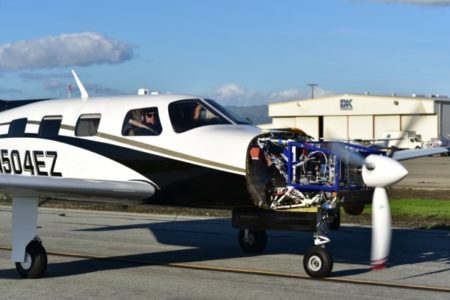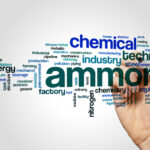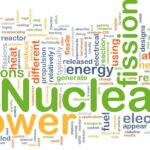August 27, 2019 – In the last two weeks, ZeroAvia, a California-based company, rolled out its prototype commercial zero-emission, hydrogen-fuel-cell-powered aircraft, a 6-seat Piper M-class that has been in flight tests since February 2019. The U.S. Federal Aviation Administration (FAA) gave ZeroAvia experimental certification to test fly the airplane. It is the first commercial aircraft (battery-powered airplanes excepted) that is not relying on fossil fuel power. The company is targeting the short-haul flight market with an 800 kilometer (500 mile) range. This represents 50% of all air travel today. Its size makes it attractive to small airfields not accessible to regional jet aircraft.
ZeroAvia is not actually planning to build an airplane. Instead, it is making its powertrain available to aircraft manufacturers who already have the customers for the targeted market segment. The current powertrain can handle aircraft with seating between 10 and 20. Along with the powertrain, ZeroAvia will provide the infrastructure and maintenance to operate aircraft using its hydrogen-propulsion technology.
Founder and CEO, Val Miftakhov, is getting the hydrogen fuel used from local renewable energy sources. He estimates that operating costs for air transportation companies who adopt his powertrain will be half that of conventional turbine-powered aircraft, a compelling reason for the industry to adopt the technology.
Miftakhov, who emigrated from Russia to the United States in 1997, and has a doctorate in physics from Princeton University, sees hydrogen as a fuel alternative for the entire transportation sector because it is second to power-generation as the source of carbon dioxide (CO2) which is seen as the greatest contributor to atmospheric warming and our changing global climate. And the industry today produces 12% of the world’s total transportation emissions of which much gets released at high altitude where it accelerates feedback that negatively impacts our atmosphere.
In choosing hydrogen fuel cells, ZeroAvia argues that the energy density of the technology is four-times better than the most advanced battery packs on the market today. And unlike batteries which over time lose their charge capacity, a hydrogen fuel cell does not need to be replaced adding to operating costs and recycling and disposing of what is often polluting materials.
Poking under the hood, ZeroAvia uses renewable-energy sourced liquid hydrogen stored in carbon fiber cylinders to provide the fuel cells with their power. It generates an electrical output of 700 to 800 watt-hours per kilogram, four times the power of the best batteries by weight on the market today.
For those who see hydrogen as a volatile fuel source (remember the Hindenburg), the powertrain design and storage tank positioning within the air frame have met the FAA’s first-stage safety and experimental flight certification. And as of mid-August, the Piper M has undergone 10 test flights according to an article in Forbes, to confirm range, power, and the safety of the technology in normal operations.
Let’s hope the degree of rigour applied to approving the technology for widespread commercial use proves to be far better than the FAA level of inspection in the certification process that green-lighted Boeing’s 737 Max 8.
ZeroAvia sees the powertrain as not limited to commercial fixed-wing aircraft describing it is adaptable for use in rotor craft such as helicopters. When it gets the green light from the FAA it plans to start leasing the technology to manufacturers and operators in 2022, providing the fuel and maintenance as well in a power-by-the-hour business model, one that is increasingly being accepted by the industry.
















